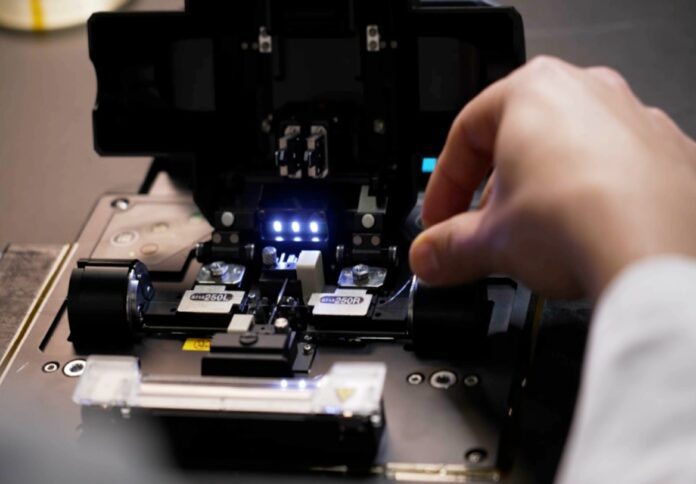
Advanced Navigation has partnered with global defence leader MBDA through a Memorandum of Understanding (MoU) to jointly develop a resilient navigation system utilising MBDA’s cutting-edge NILEQ absolute positioning technology.
The system, designed for a range of airborne platforms, will bolster navigation resilience by integrating terrain-based absolute positioning, the company said in a media release.
The collaboration will foster joint research and development efforts between the United Kingdom and Australia, reinforcing ties under the AUKUS alliance.
“In an increasingly uncertain world where interference is becoming ubiquitous, commercial and military sectors can no longer rely purely on GPS for flight operations,” remarked Chris Shaw, CEO of Advanced Navigation.
“There is an urgent need for additional navigation aiding to supplement platform inertial navigation and GPS receiver systems.”
NILEQ’s patent-pending system leverages neuromorphic sensors to derive terrain fingerprints, a breakthrough inspired by biological change detection.
This approach captures data of the terrain as an airborne system moves and matches it against a pre-existing Earth surface database, enabling precise and passive absolute positioning resistant to interference.
“Advanced Navigation are an ideal Australian partner to help accelerate the technology towards market entry. Navigation technologies that are not simply accurate and precise, but also provide the ‘resilience’ against interference, is what propels this partnership,” said Tom Tizard, MBDA Australia General Manager.
He added, “NILEQ seeks to address the enormous demand for resilient absolute positioning information that will complement the existing navigation systems of airborne platforms.”
According to Advanced Navigation, the bilateral partnership aims to address growing global concerns, including GPS signal vulnerabilities due to electronic warfare.




















